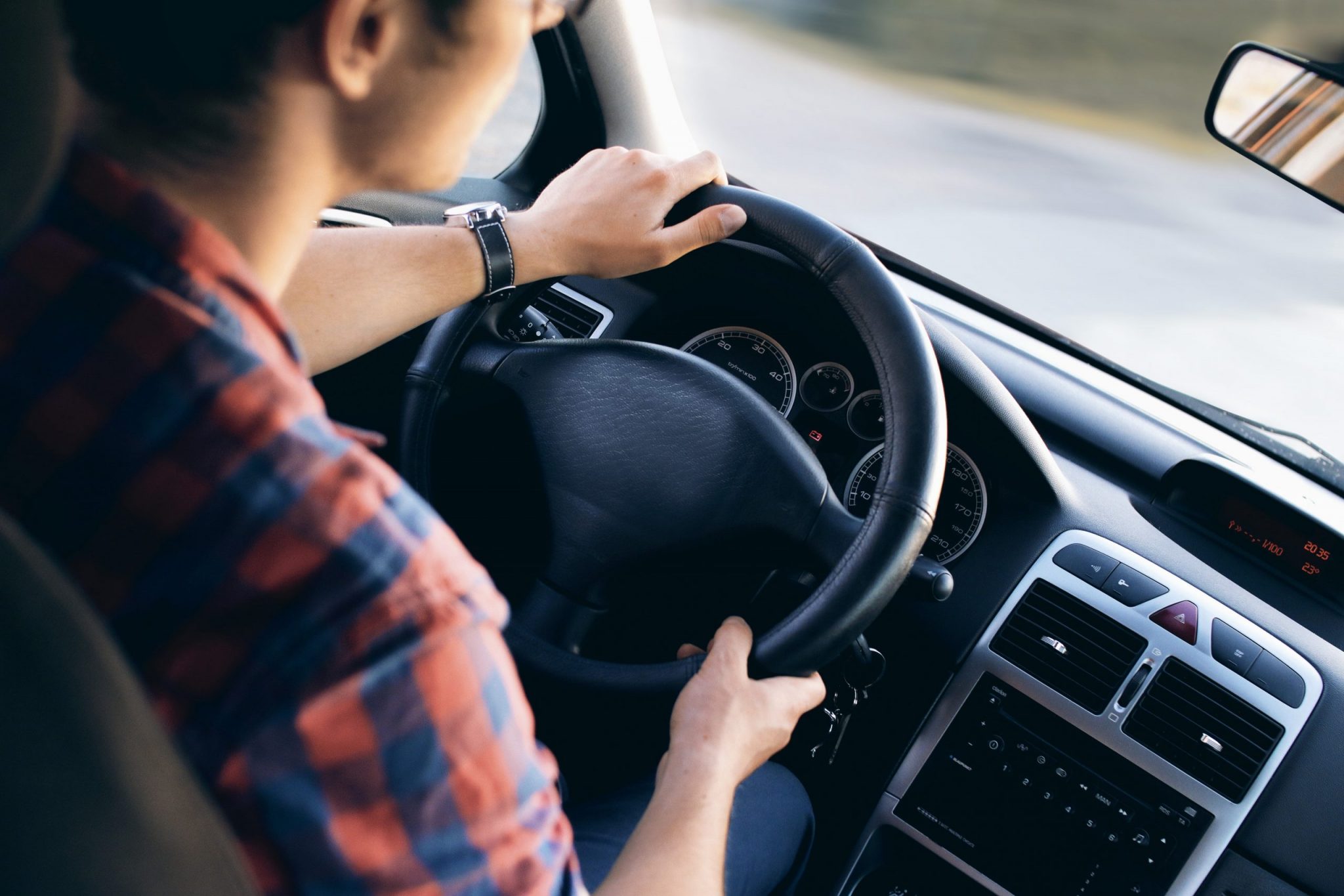Learning to drive and taking a driving test is often described as a particularly stressful experience, but for many new drivers, the tension does not vanish as soon as they have their license.
Passing the test shows that you learned the fundamentals of car control and accepted the rules of the road, but there is still a lot to learn for novice drivers on the road.
As well as basic principles such as driving under the influence of narcotics or alcohol, cell phone use, and speeding, there are other issues for new drivers to consider staying safe and becoming highway-savvy.
To help you on your way, here are some top tips.
Adapt your driving for bad weather
Novice drivers need to quickly learn how to adapt their driving in different weather conditions, from retaining traction while driving and braking distances to dealing with limited visibility, so it is recommended to get behind the wheel and learn how to drive effectively in rain, wind, fog, snow, ice, and even bright sunshine as soon as possible.
Turn off the radio
Complete concentration is vital when you are in control of a vehicle, particularly if you are not entirely confident yet, so it is always a good idea for new drivers to turn the radio or their music down or off.
Avoid offering lifts
Young drivers can often be compelled to become a friend’s taxi service, but it is prudent to avoid the potentially dangerous distractions that come with driving a group of passengers around until you are more comfortable behind the wheel and only provide lifts on a minimal basis.
Consider your fuel efficiency
Drive as often economically as possible by trying to make smooth gear changes while keeping the rpm down, getting rid of any excess weight in the trunk and avoiding sharp acceleration and hard braking – this should all lead to getting more miles per gallon and therefore help lower the fuel costs over time.
Get to know your car, inside and out
When you first get the keys for your new car, make sure that all the mirrors and seat configuration are correctly adjusted, know what all the buttons will do, and read the car manual from front to back to steer clear of any avoidable issues – this is especially important if it is a different car than the one you have learned to drive in. Learn about the correct tire pressure, where you top up washer fluid, and how to check your oil and put in gas as well.
Get some solo practice in
It is odd to think that drivers who have literally just passed their tests have never been behind the wheel alone before, so it is always good to practice with a more experienced driver. However, it might also be more useful to do some early practice on your own – try driving your car when the roads are quiet, for no other reason than to get used to driving solo.
Do not drink or take any narcotics
You will already know this, but it is so vital that we are going to reiterate it. Do not drink any alcohol or take any drugs that may impair your driving ability. It is crucial that you do not do this at any point in your driving career, but especially not when you are just starting out and even more likely ot be involved in an accident. The last thing that any new driver wants to be doing is having to find themselves a DUI Attorney when they have been arrested for driving under the influence!
Know where you are going
Smart and experienced drivers do not rely entirely on their GPS unit or road signs, so if there are routes you are going to use frequently (such as the commute to school or work) try to learn them right away, and if you are driving long distances or unfamiliar, review the map before you start to avoid getting lost and panicking.
Sort out any weaknesses
If there are any aspects of driving that you have been especially struggling with during your training, try to improve them quickly, from three-point turns to all forms of parking. If there is anything you are still struggling with, take a few extra lessons after your test.
Know when to avoid driving
Driving when you are tired, frustrated, sad, or with your mind somewhere else can be very risky, as you may not be entirely focused. If you are already on the road, pull over somewhere safe, and take a break.


